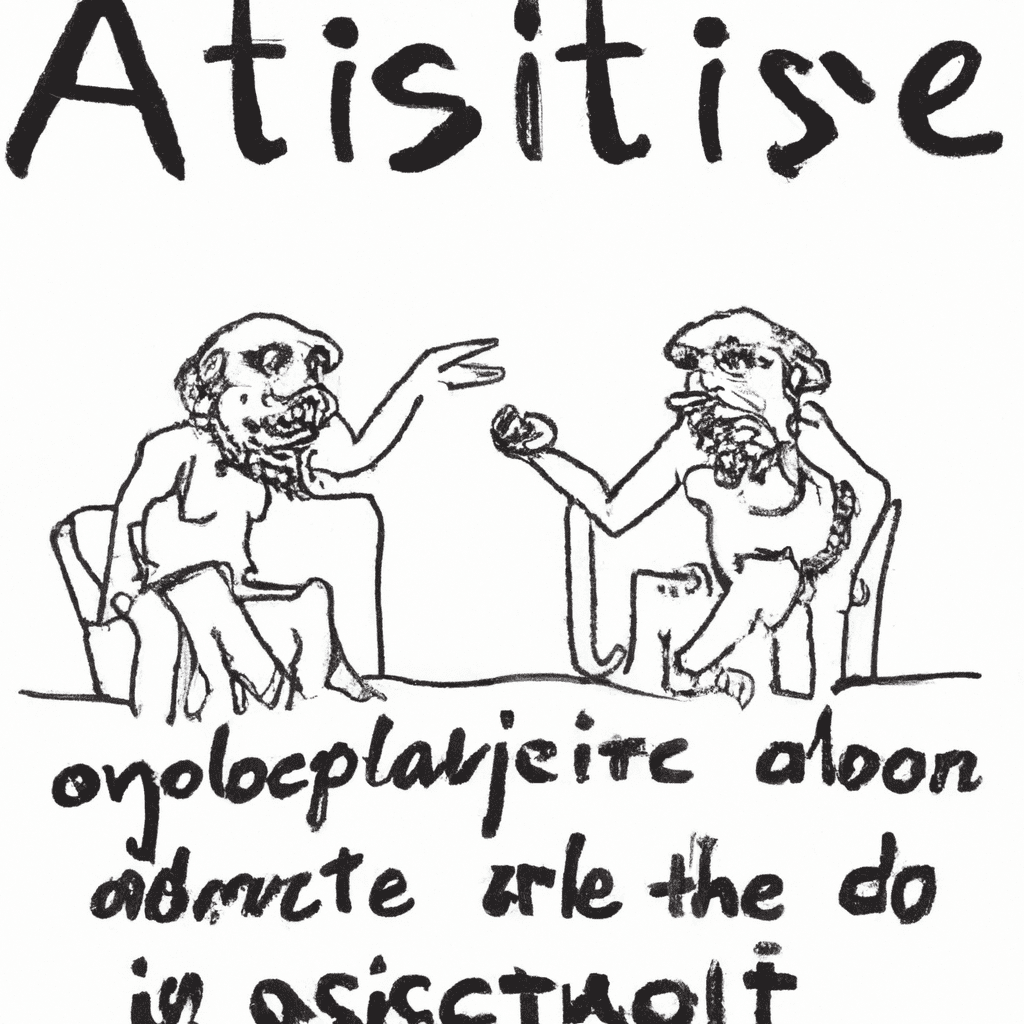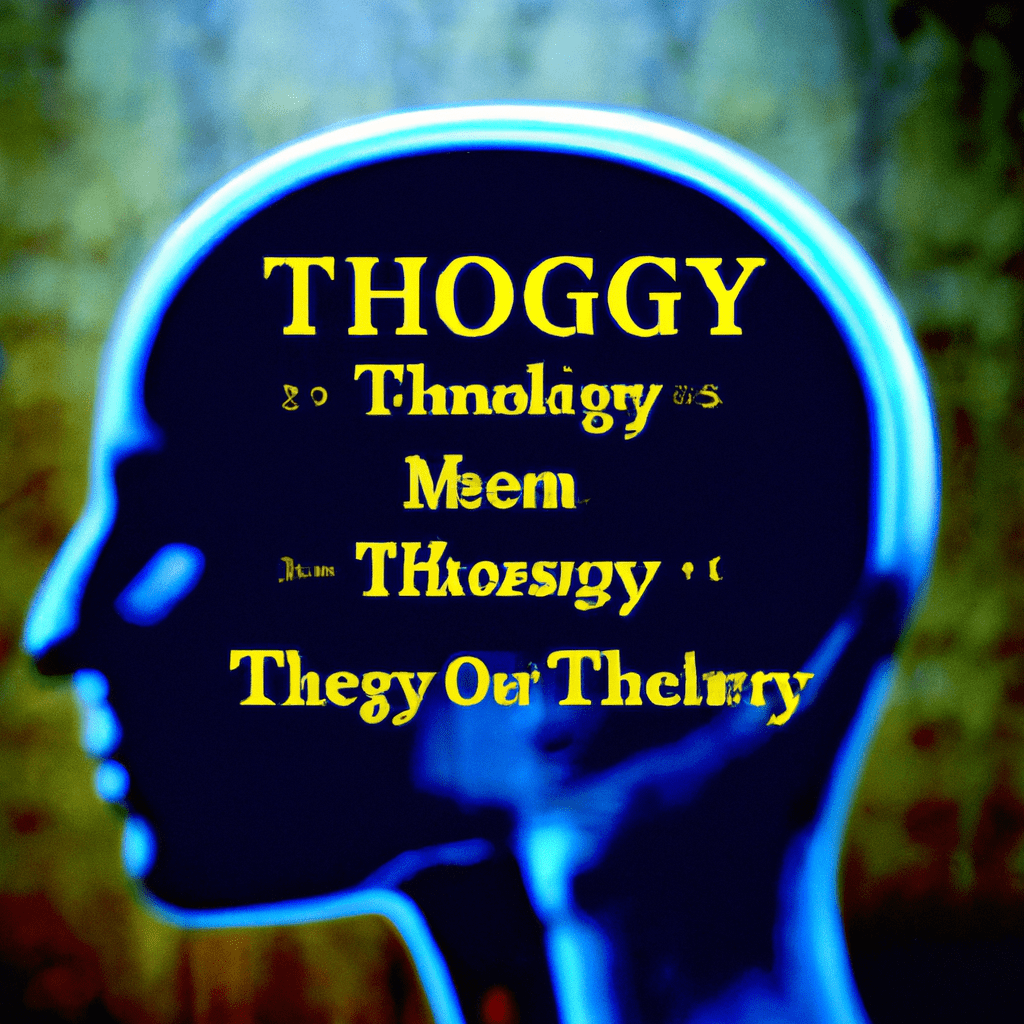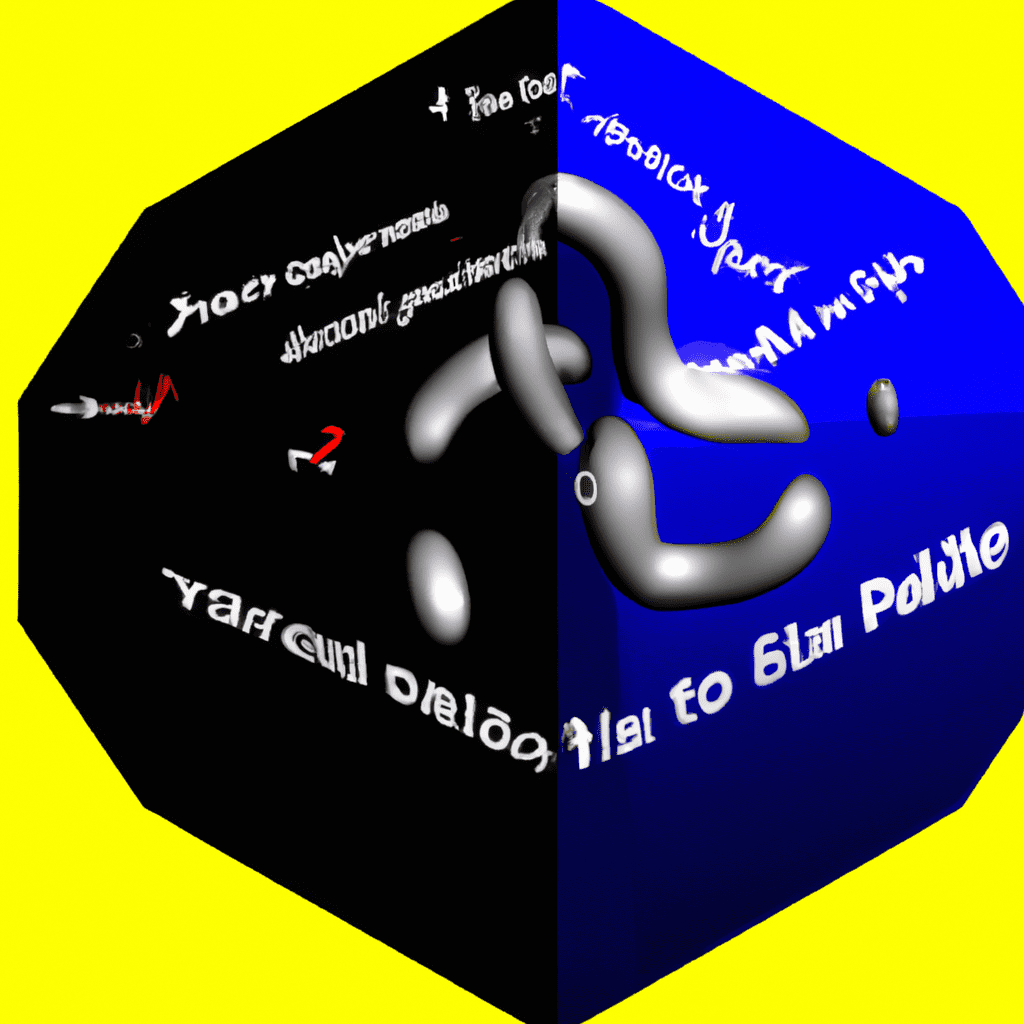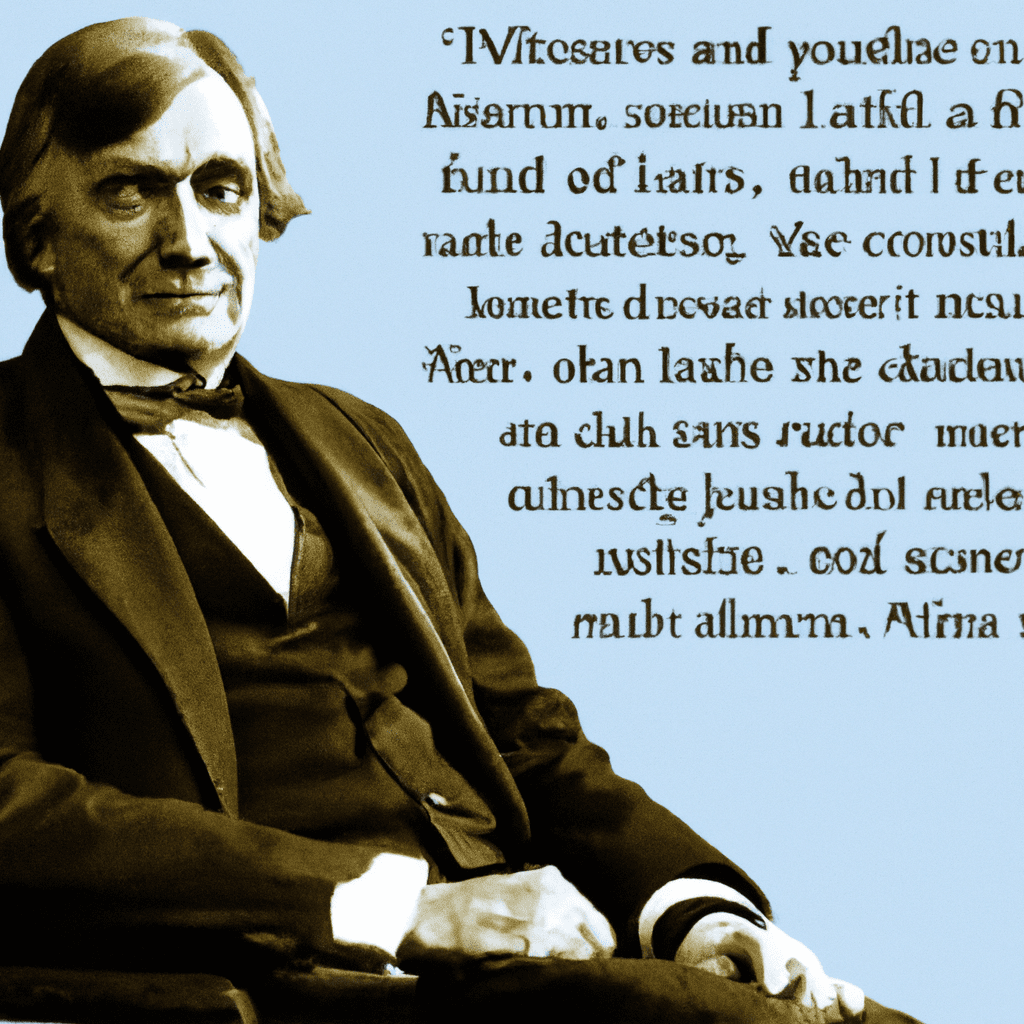Aristotle: Politics In his Nicomachean Ethics, Aristotle (384-322 B.C.E.) describes the happy life intended for man by nature as one lived in accordance with virtue, and, in his Politics, he describes the role that politics and the political…
Browsing CategoryWiki Filosofía
Angélique Arnauld (1591—1661)
Angélique Arnauld (1591—1661) The reforming abbess of the convent of Port-Royal, Mère Angélique Arnauld developed an Augustinian philosophy deeply influenced by the Jansenist movement. Her philosophy of God follows the via negativa in its stress…
Neocolonialism
Neocolonialism The term “neocolonialism” generally represents the actions and effects of certain remnant features and agents of the colonial era in a given society. Post-colonial studies have shown extensively that despite achieving independence, the influences…
Theory of Mind
Theory of Mind Theory of Mind is the branch of cognitive science that investigates how we ascribe mental states to other persons and how we use the states to explain and predict the actions of…
The Yablo Paradox
The Yablo Paradox The Yablo Paradox implies there is no way to coherently assign a truth value to any of the sentences in the countably infinite sequence of sentences, each of the form, “All of…
Constructive Mathematics
Constructive Mathematics Constructive mathematics is positively characterized by the requirement that proof be algorithmic. Loosely speaking, this means that when a (mathematical) object is asserted to exist, an explicit example is given: a constructive existence…
Ralph Waldo Emerson (1803—1882)
Ralph Waldo Emerson (1803—1882) In his lifetime, Ralph Waldo Emerson became the most widely known man of letters in America, establishing himself as a prolific poet, essayist, popular lecturer, and an advocate of social reforms…
Gottfried Leibniz: Metaphysics
Gottfried Leibniz: Metaphysics The German rationalist philosopher, Gottfried Wilhelm Leibniz (1646-1716), is one of the great renaissance men of Western thought. He has made significant contributions in several fields spanning the intellectual landscape, including mathematics, physics,…
The Evidential Problem of Evil
The Evidential Problem of Evil The evidential problem of evil is the problem of determining whether and, if so, to what extent the existence of evil (or certain instances, kinds, quantities, or distributions of evil)…










